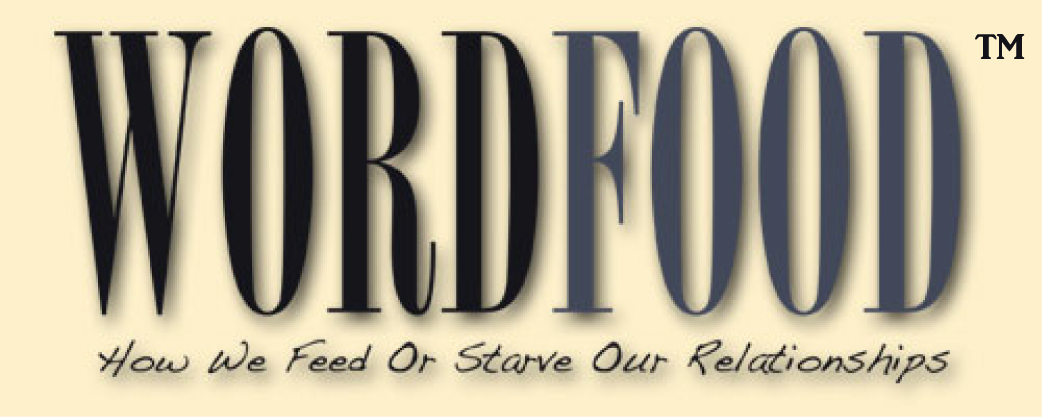Yesterday on a drive around the southern Denver beltway I heard a story about a young man who was vilified for winning a college election. It wasn’t that he won, it was how he won. Seems that he rigged it in a rather thrilling spyware kind of way, stole some 750 student passwords, and gave himself about additional 630 votes in an election he had already won. Happily, he was caught, denuded of his title and is now paying the price. Pardon my sarcasm here, but this young man is already well on his way to a fine career in politics.
Later in the day, Majority Leader Harry Reid was crowing, as were several other leaders in the Senate about this big breakthrough that had happened around the stalled Presidential appointments (some for two years and counting). To shorten what he said but to use his words, “we actually sat down and talked TO each other instead of AT each other.” Today I heard more senators making considerable noise about this supposedly stupendous breakthrough. Imagine. Elected officials gathering in a room to actually listen to one other. Hear what others have to say instead of following their leadership like blind and deaf sheep. Imagine.
The very idea that these elected officials would be speaking of the idea of sequestering themselves away in a private room to learn to speak and actually listen to each other civilly as a huge breakthrough in Congressional history seems to me a very sad statement about the Senate, and about politics in general. But then we all knew that anyway. Yet we will still vote for our guy or gal to go up to the Hill to teach’em a thing or two (read make them come around to OUR way of thinking which of course is Right and True and the American Way). And we get frustrated when shouting at the other side and not listening simply goes nowhere.
Funny. It doesn’t work in our marriages, friendships, at work. Why should it work in Congress? Or for that matter in Egpyt? That’s going well right now, isn’t it?
While the Senate seems to be awakening to the quaint notion that listening graciously is one way to create collaboration and partnerships, this is a great time to think about who we elect. We feed Congress those officials with our votes. The WordFood of courtesy, respect and regard have been missing of late. The vitriol of hateful election campaigns is a direct result of what they think will work with us, the voting public. If we want them to be more civil, let’s all be more civil, kind, gracious. And vote with our feet. Tweets, emails, letters, about the WordFood example we want.
Perhaps we’ll get a law or two passed. Some we may like, some we may not, but that’s a democracy. A civil, gracious democracy.
Hey, we put ‘em there. And we can bring them back when they act like bullies.

